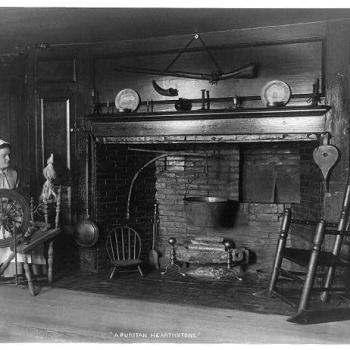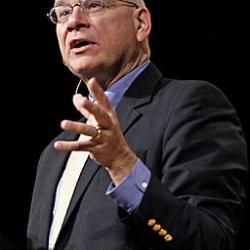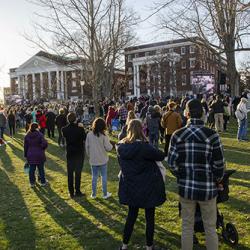The First Peoples (Natives) viewed their geography as a space of spiritual interconnection between ecology and humanity facilitated by the force they called manitou (spirit). Natives approached their geography from the attitude of interdependence rather than dominance. They migrated seasonally to the resources they depended upon: men going on long hunts and women farming and raising children, while maintaining fisheries along the coast or major rivers. To the Natives, geography was not possessed or owned but sacred and shared by... Read more

















